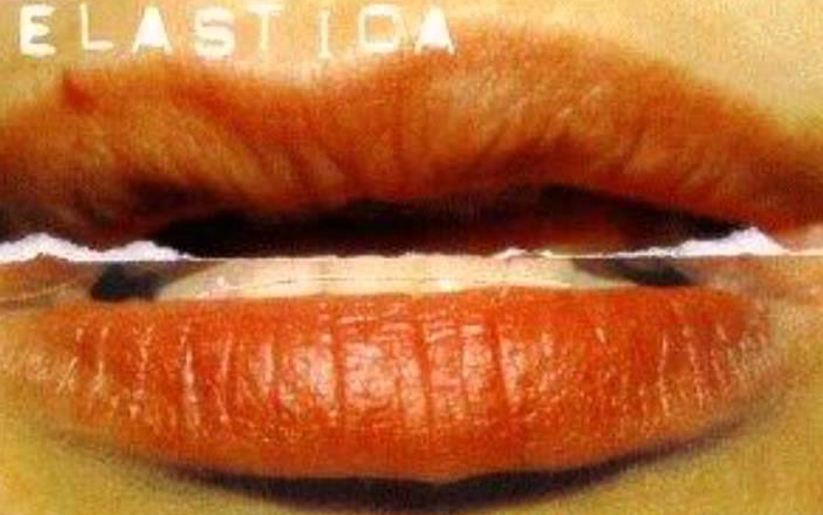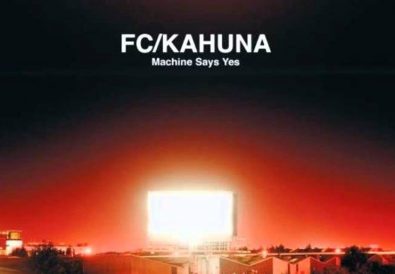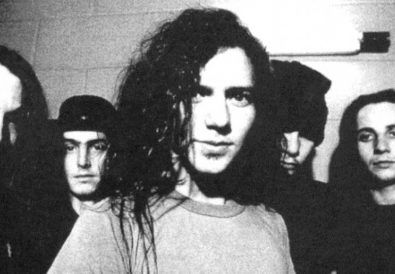In 1995, the female-fronted Britpop Alternative Rock Band Elastica headed by ex-Suede members Justine Frischmann and Justin Welch appeared out of nowhere to score a massive hit with the hugely irresistible “Connection”. That song, which borrowed heavily from an older track by Wire, propelled Elastica’s self-titled debut album to the top of the British charts and earned the band a spot on that year’s Lollapalooza tour.
Elastica then seemed to disappear almost as quickly as they burst onto the scene – their only new songs in the next five years being the occasional soundtrack tune. However, after years of apparent inactivity, Frischman and company bounced back into the music world again with The Menace, their second album in 2000.
Elastica leader Justine Frischman’s most significant musical contribution of those years came when her ex-boyfriend, Damon Albarn of Blur, wrote the entire 13 album (Blur’s 6th) about the couple’s breakup. There are plenty of clues on 13 which indicate that Frischman’s view of the separation was much different than Albarn’s. Whereas Albarn saw the couple’s split as a tragedy, Frischman hints that it was simply time to move on. This is especially true on the track “My Sex,” a spoken-word piece with an ambient background. In this song, Frischman details what she wants out of a relationship.
The Menace opens with the computerized sound of a barking dog, then kicks in with some heavily damaged guitars and videogame sound effects. Frischman then sings, “Don’t want you on your back/ I just got on my feet” – the first indication on the album that she feels more liberated than heartbroken. Musically, The Menace bears little resemblance to Elastica’s debut disc. “Image Change” sounds more like a Massive Attack remix of an Elastica song than an actual Elastica song; “Your Arse, My Place” could be a lost Bikini Kill single; “Miami Nice” is a trippy electronic instrumental; “Kb” sounds like Atari Teenage Riot on Prozac; and “How He Wrote Elastica Man,” which is a collaboration with Mark E. Smith of the Fall. The Album closes with a cover of Trio’s “Da Da Da,” leading us to wonder if Frischman chose the song for it’s repeated “I don’t love you/ You don’t love me” lyric.
In spite of post-punk influences, The Menace was probably too abrasive for modern rock radio, so many didn’t expect another “Connection” filling the airwaves. Although it is not a great album like their hit debut, it is a very creative effort and for the most part, entertaining. There’s not a wasted track to be found, which is more than can be said for 90% of the alternative rock albums released that year.




